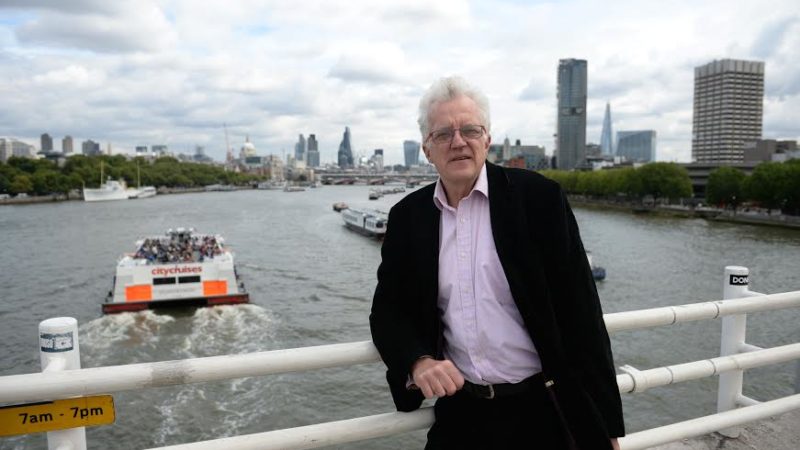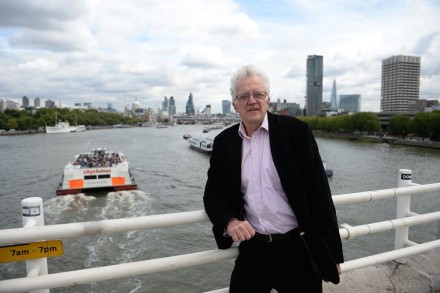

London Labour conference, which took place this weekend, was well attended and on this occasion held over two days. It was, however, marred at times by some fractious debating.
The issue of contention was a series of rule changes which supporters argued would make the region more democratic. They would increase the numbers on the board of the London region, ensure there was 50 per cent female representation, create a more rational geographic structure as the basis for the election – but not specify any BAME quota, much to the consternation of several speakers. Moreover, board members would, in the future, be elected by the whole membership rather than delegates.
Another amendment suggested that members of Labour’s crucial conference arrangements committee (CAC) should be directly elected, rather than selected by the board.
Initially, there was no room on the agenda for these to be discussed, but eventually space was found since the proposed training programme for the Sunday afternoon had to be cancelled due to a bereavement.
When the amendments came to be discussed on the Sunday morning, after the agenda had been shifted around, there was little opposition to their substance but several speakers objected to the fact that they felt intimidated to support the moves by the loud cheering and shouting from the supporters of the amendments, who largely came from Momentum.
All the amendments passed quite overwhelmingly, as did the motions on housing, transport, policing, and health that had been drawn up by the CAC (an acronym that was widely used despite not being understood by many delegates, especially new ones). And that is something of a problem. One of the complaints of those seeking rule changes was that the motions were all bland motherhood and apple pie and as amendments were not allowed, there was little meaningful debate.
There is a problem here. Of course we want to be seen as a united party all singing to the same hymn sheet. But the way that the lengthy composite motions incorporated numerous unrelated points – the transport one covered everything from gender inequality to Crossrail2 – meant that it was impossible to oppose them without appearing to be against basic tenets of the Labour party.
Party officials and the members on the CAC need to be a tad braver, not only incorporating more controversial measures into the motions but also breaking them up so they do not become a blancmange.
There is, in fact, a surprising amount of unity and consensus in the party. There is no question of Labour embracing neo-liberalism or of moving away from the tenets of the popular election manifesto. Of course there are differences in precisely what policies should we adopt and how firmly should we push certain buttons, but the left is in control and will be for a long time to come.
In the lunchtime fringe session hosted by Momentum, a traditional left-winger expressed it perfectly: “For years I have battled in my party putting left-wing positions which were rejected by the majority of my fellow CLP members. I was at times treated badly as a result. Now we are in control, I try to ensure that I listen to my opponents and that everyone is treated well. We must not abuse our position.” So right.
Christian Wolmar is a transport author and former parliamentary candidate.




More from LabourList
‘Council Tax shouldn’t punish those who have the least or those we owe the most’
Two-thirds of Labour members say government has made too many policy U-turns, poll reveals
‘Two states, one future: five steps on the path to peace for Israelis and Palestinians’